Guinea-Bissau VAT Regime Launch Set for 2025: Key Details

For several years, Guinea-Bissau has struggled to implement the VAT Law. The implementation was postponed several times, the last attempt being in 2023. After a few years without successfully establishing the VAT regime, the Ministry of Finance set the implementation date 2025.
In addition to setting the implementation date, the Ministry of Finance also urged other governing bodies to take the necessary steps.
The Establishment of VAT Regime
The Guinea-Bissau government and other relevant state bodies approved and adopted the VAT Law in 2022. The VAT Law was drafted following the harmonized model established among the eight Member States of the West African Economic and Monetary Union (UEMOA). Nevertheless, the harmonized model was adapted to meet the specific needs of the Guinea-Bissau market and economy.
The Ministry of Finance stated that January 1, 2025, is the official date for implementing the VAT regime defined under the VAT law. Until then, the General Directorate of Contributions and Taxes (DGCI) must adopt all the required measures and bylaws to ensure an effective and efficient transition to the newly established VAT regime.
Establishing the VAT regime should increase government revenue and budget, make tax collection more efficient, and strengthen the economy in Guinea-Bissau and the UEMOA.
The obligation to register for VAT arises when taxable persons exceed the VAT registration threshold set at FCFA 10 million (around EUR 15,000). However, taxable persons whose turnovers are between FCFA 10 million and FCFA 40 million are subject to a simplified VAT regime. Taxable persons whose turnover is below FCFA 10 million are considered small taxpayers and exempt from VAT.
VAt rates are set at 10% for specified imports, transfers of goods, and provision of services, 19% for other imports, transfers of goods, and services, and 0% for exports.
Conclusion
Establishing and implementing a VAT regime is among the most significant steps in reforming the Guinea-Bissau tax system. The previously established system by the General Tax on Sales and Services needed to be more efficient and in alignment with the harmonized rules determined by the UEMOA directives.
However, considering that previous attempts to implement the VAT regime were unsuccessful, further monitoring is necessary. Also, businesses that still need to prepare for this transition should act quickly to avoid penalties due to non-compliance.
Source: Ministry of Finance, AnswerConnect, General Directorate of Contributions and Taxes - VAT Law no. 4/2022

Featured Insights

Burkina Faso FEC E-Invoicing Mandatory July 2026
🕝 February 24, 2026More News from Africa
Get real-time updates and developments from around the world, keeping you informed and prepared.
-e9lcpxl5nq.webp)




-xs4qde7eim.webp)
-rhc39covsa.webp)
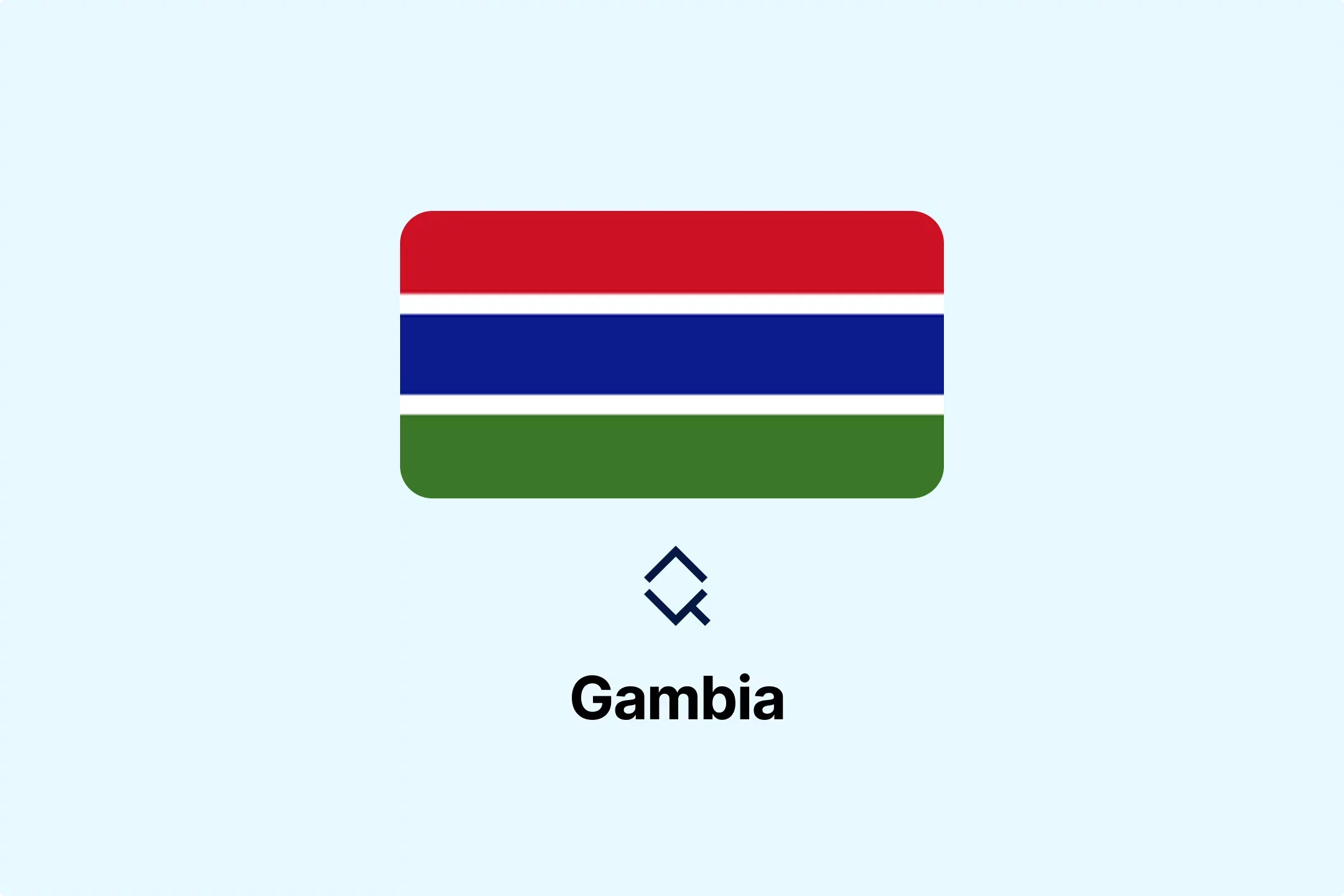
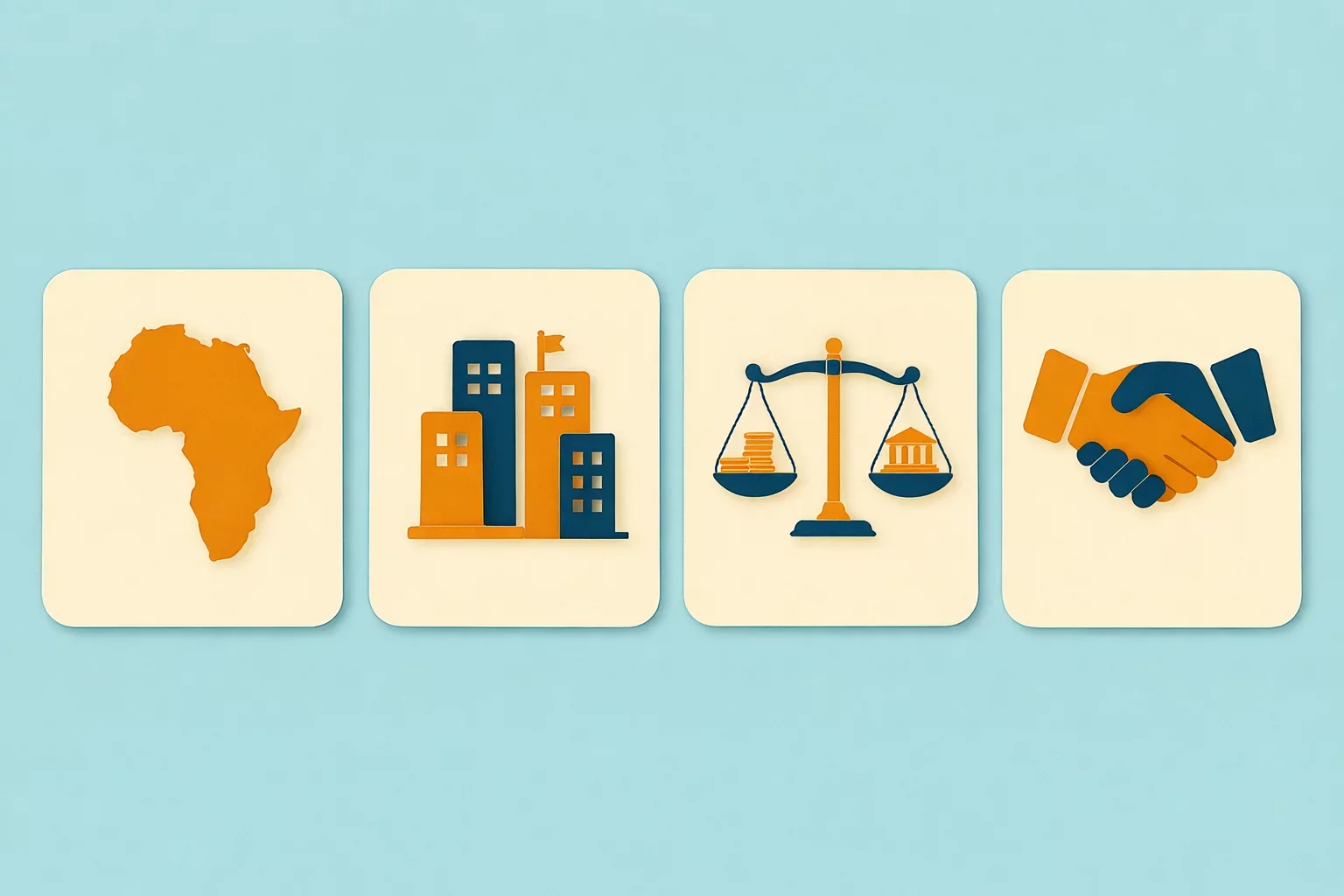
-fegt1crxvf.webp)

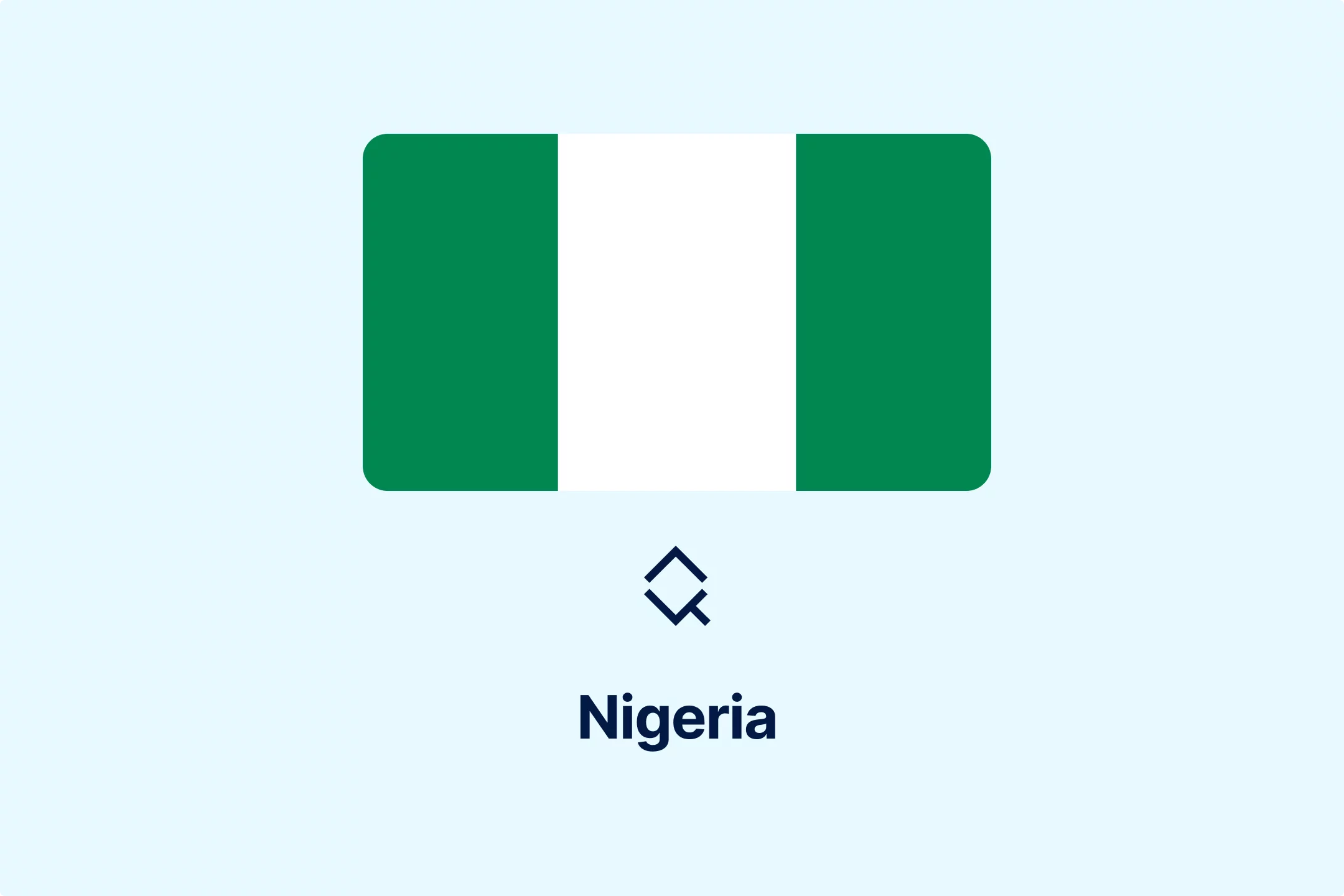



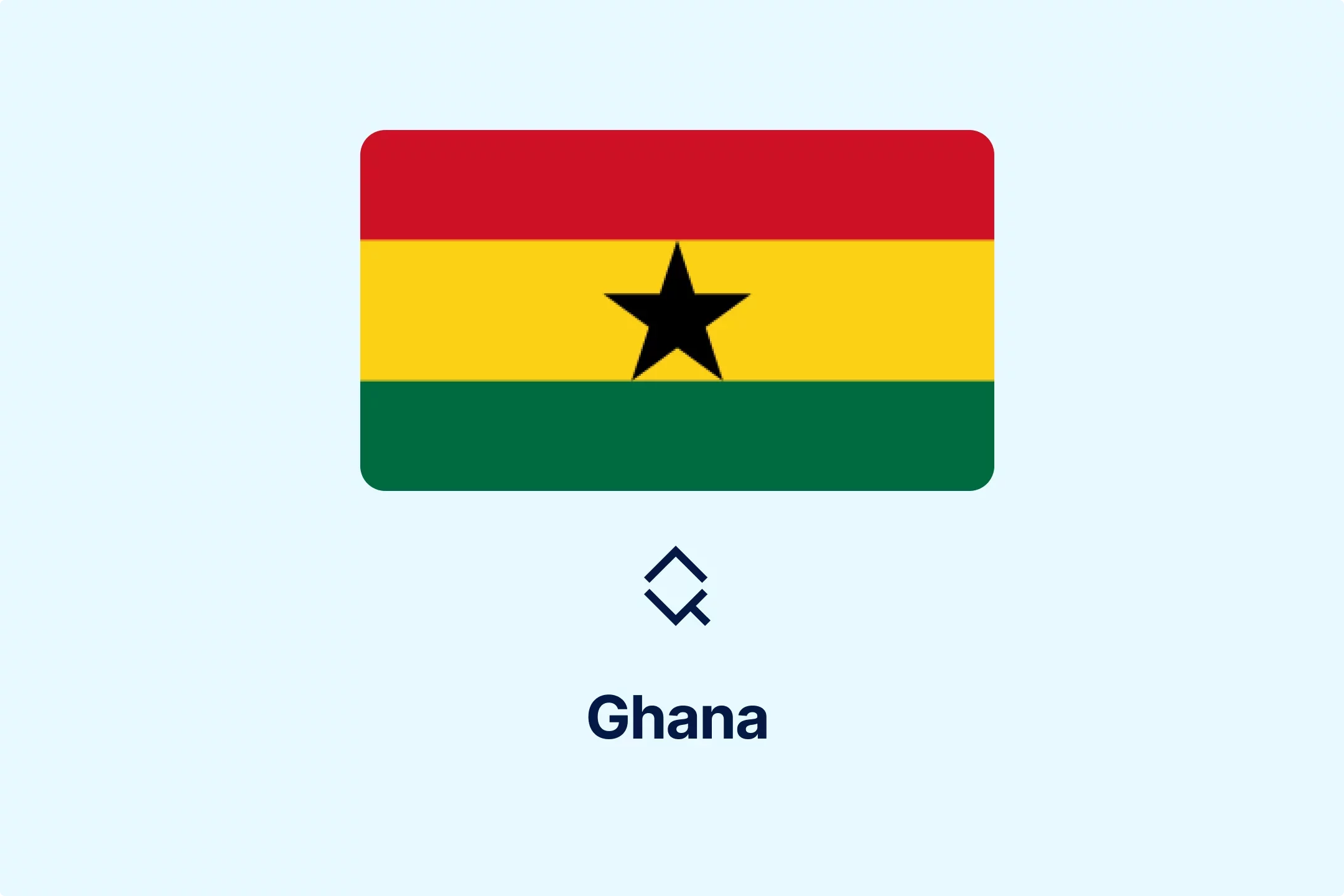
-yzgflot48e.webp)

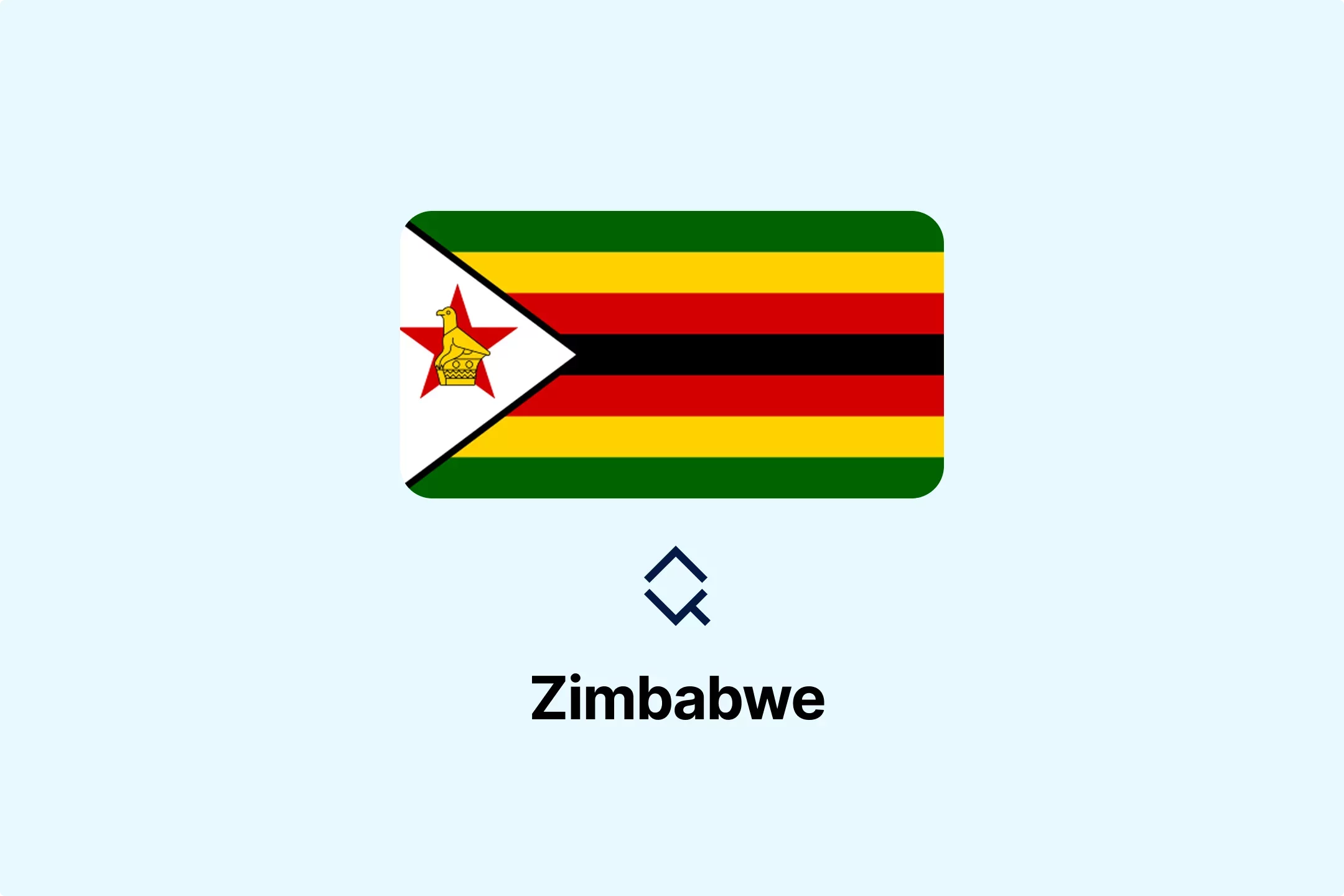

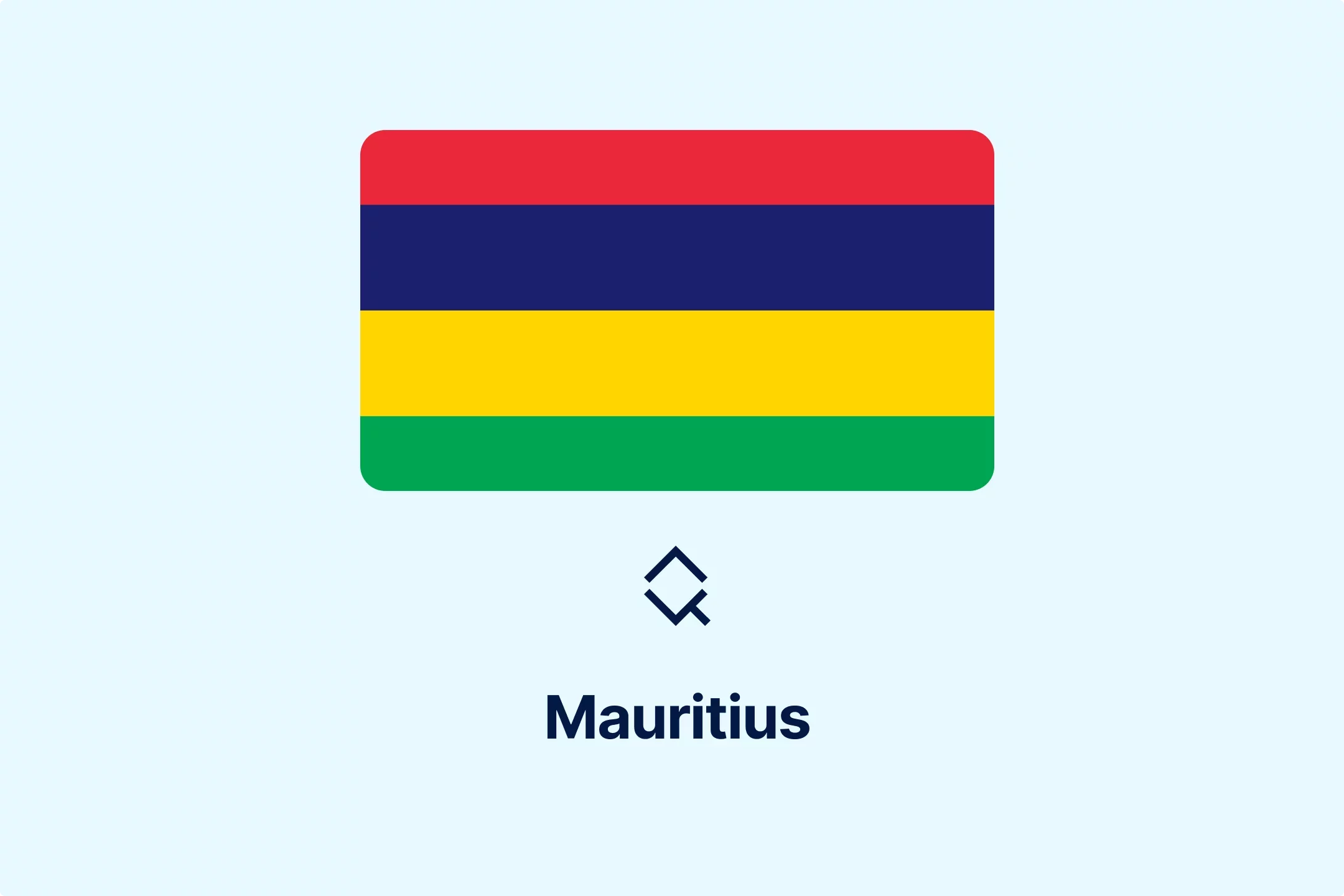
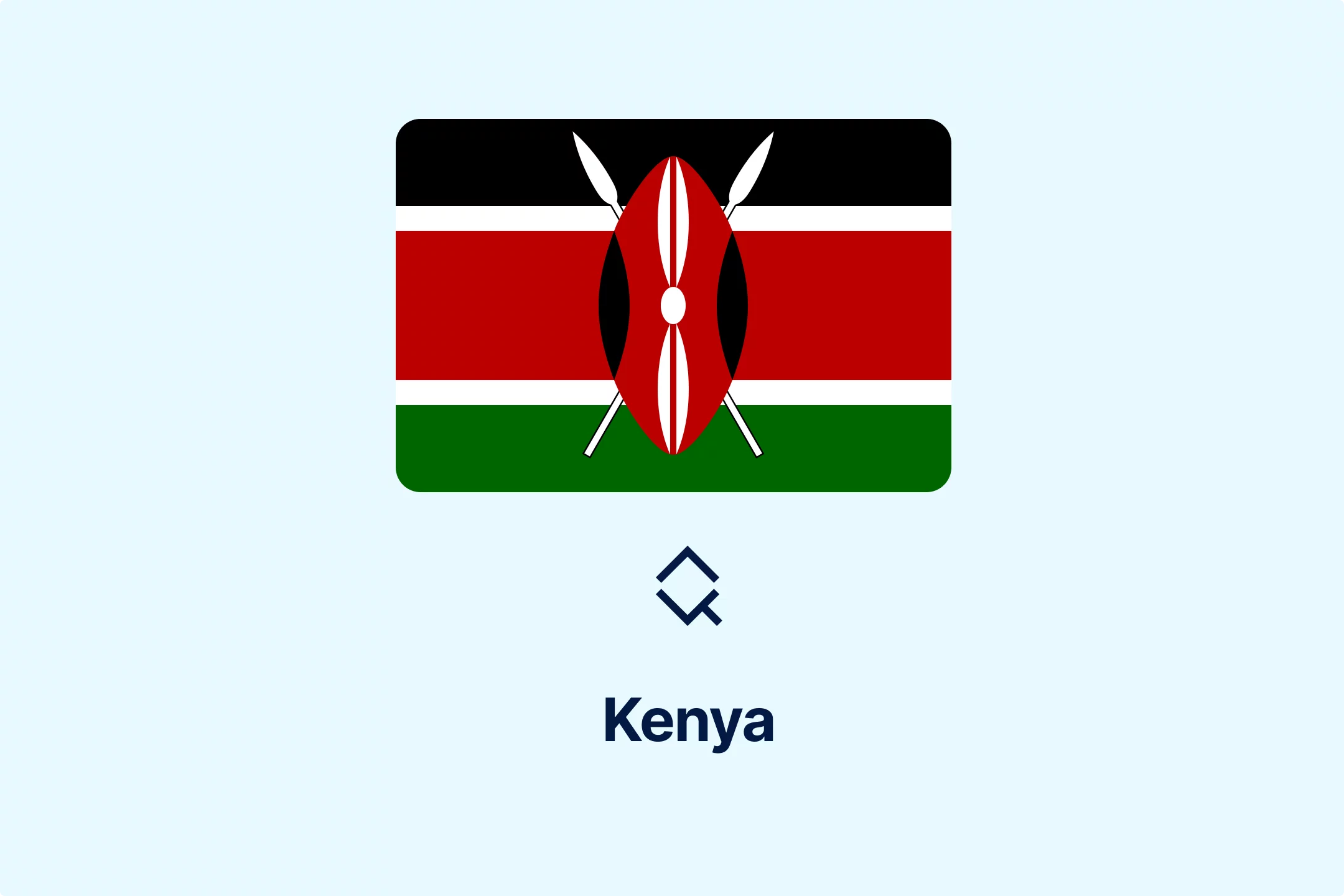
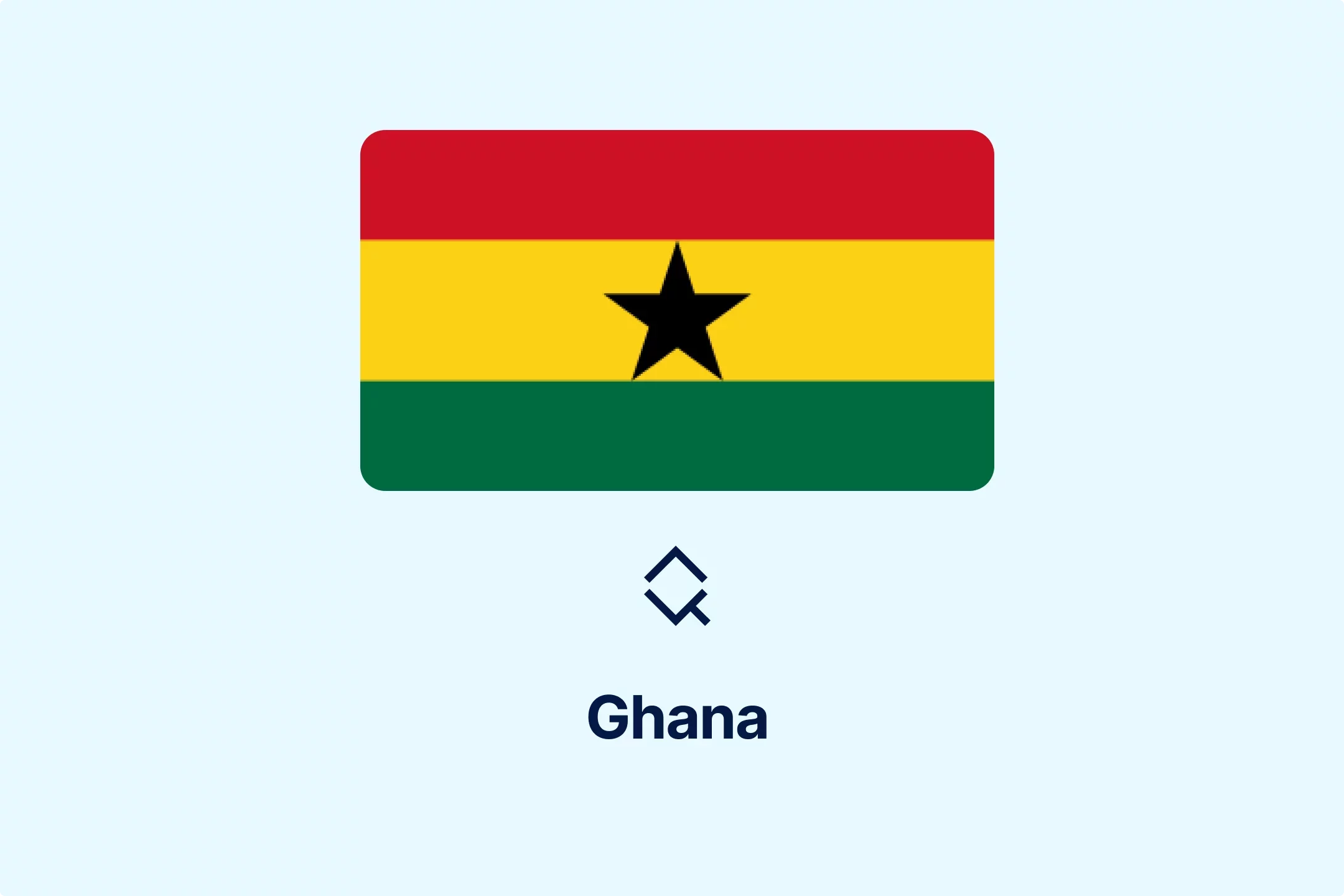
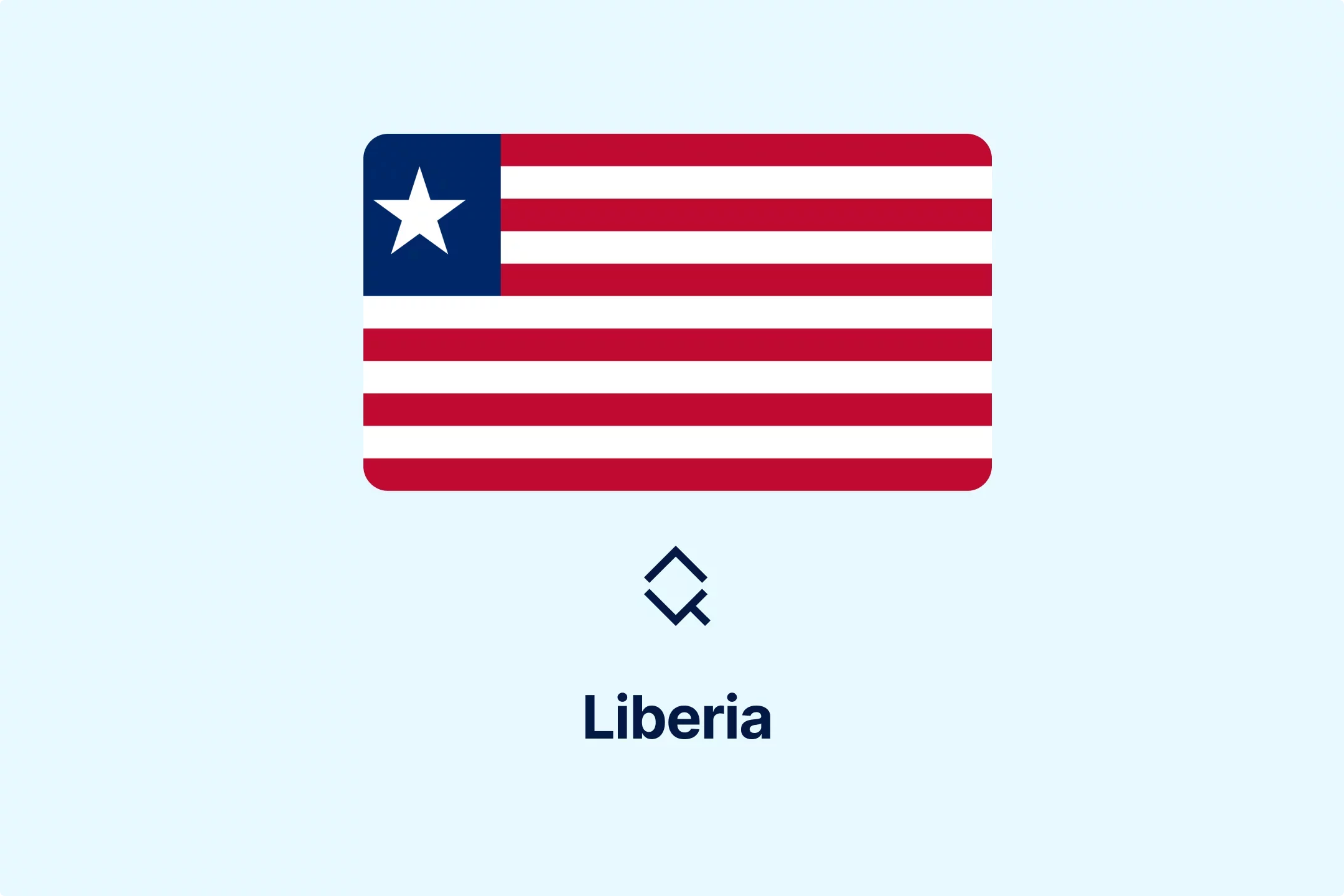
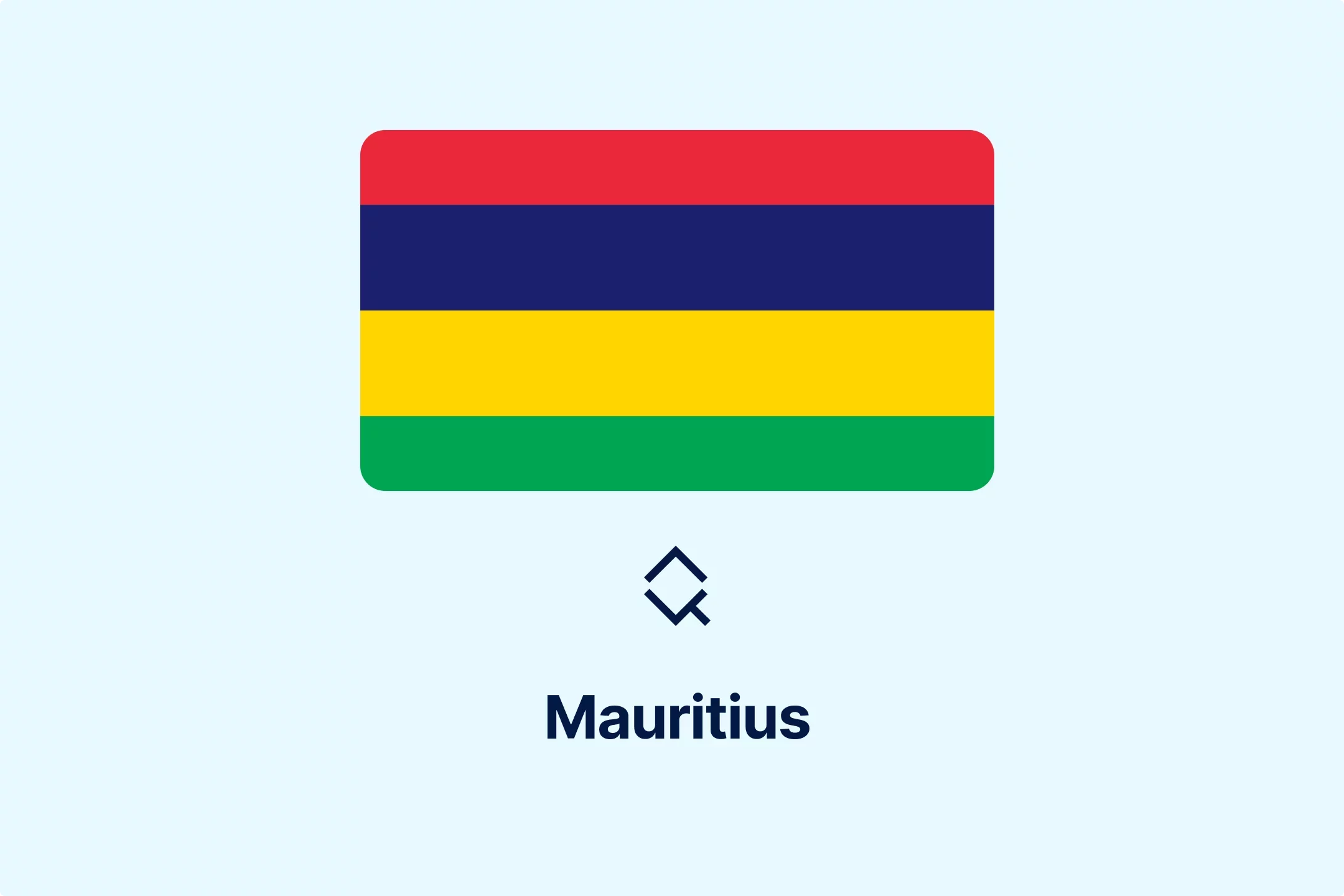
-26y2kxniki.webp)
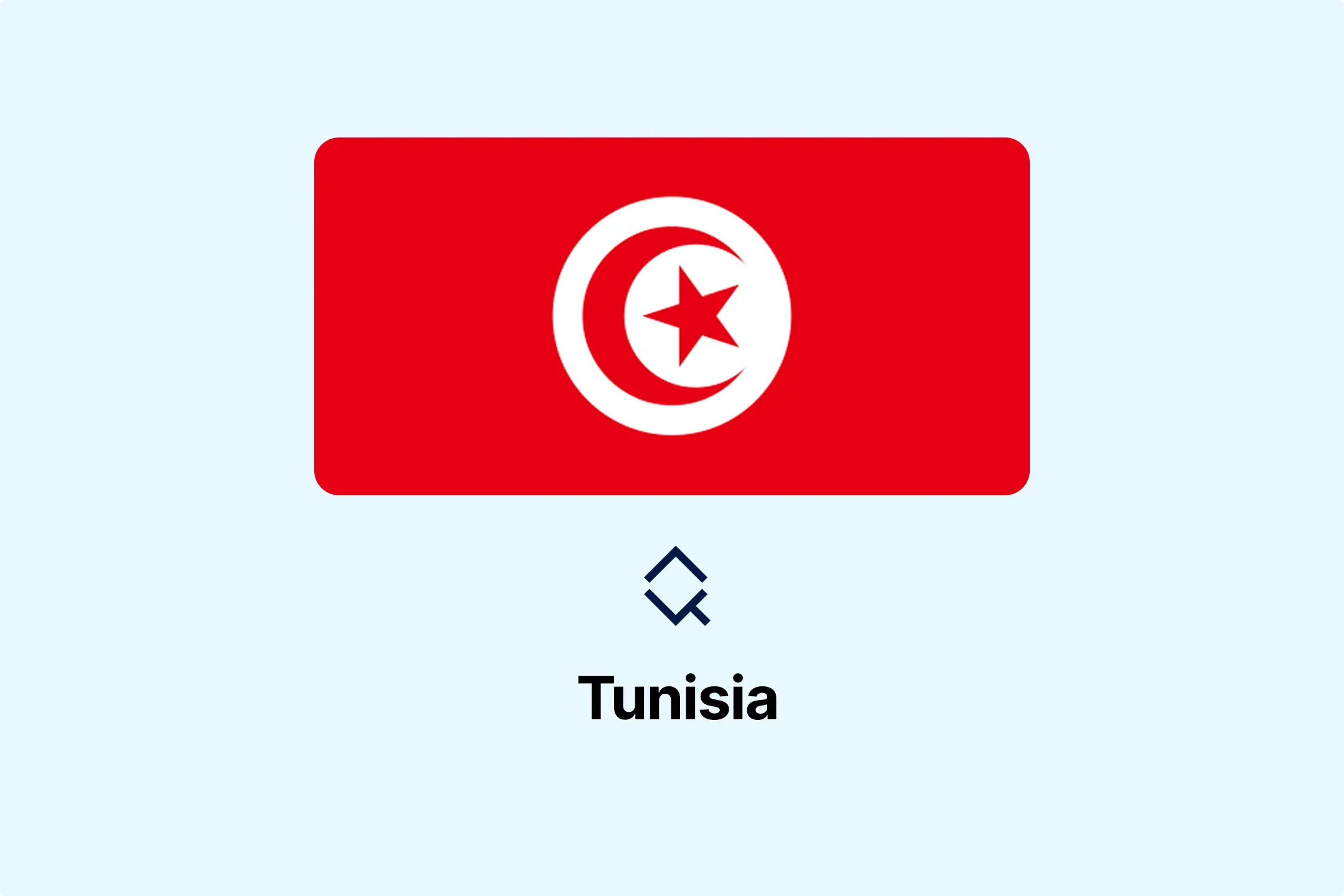



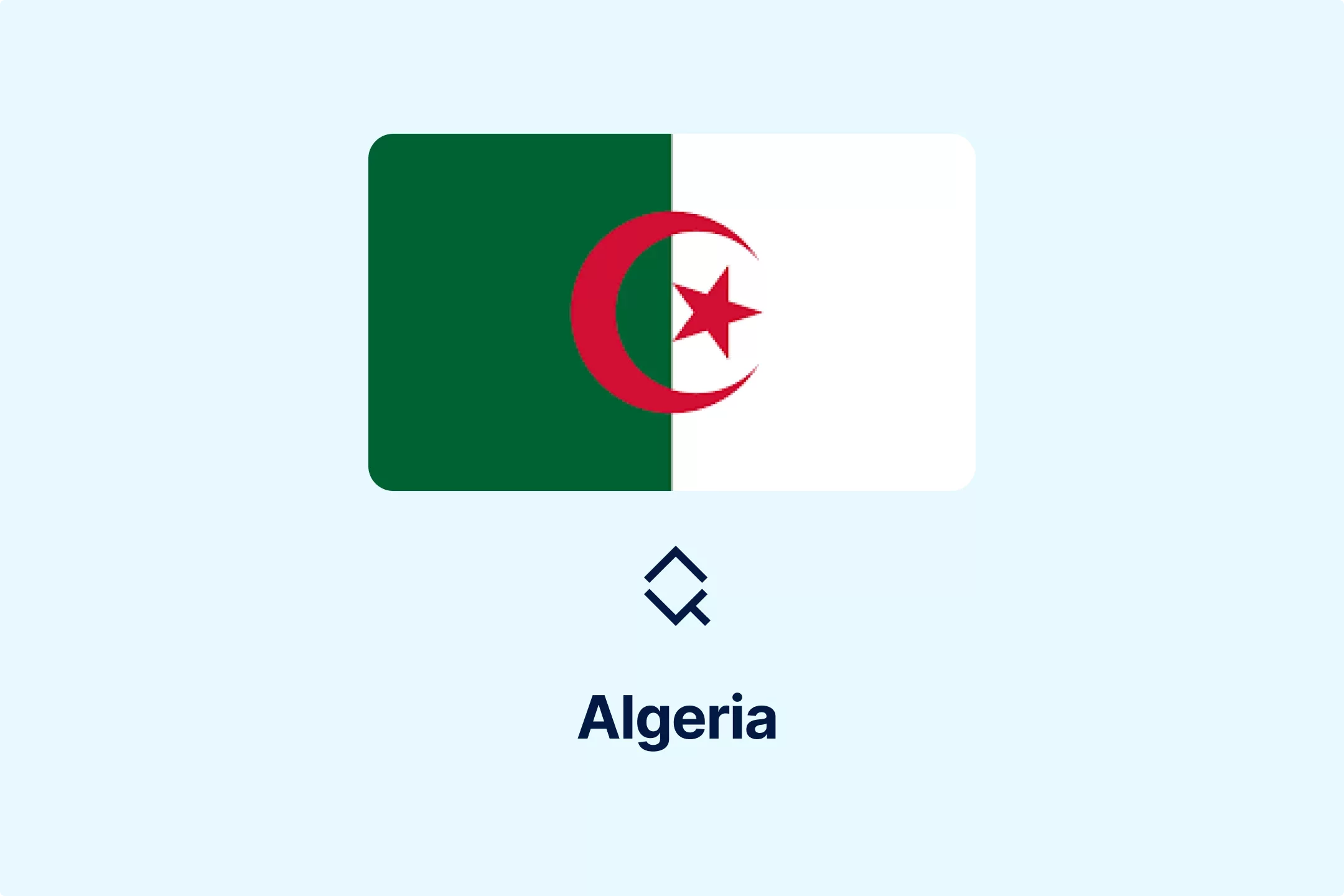
-pyxy31ev4o.webp)
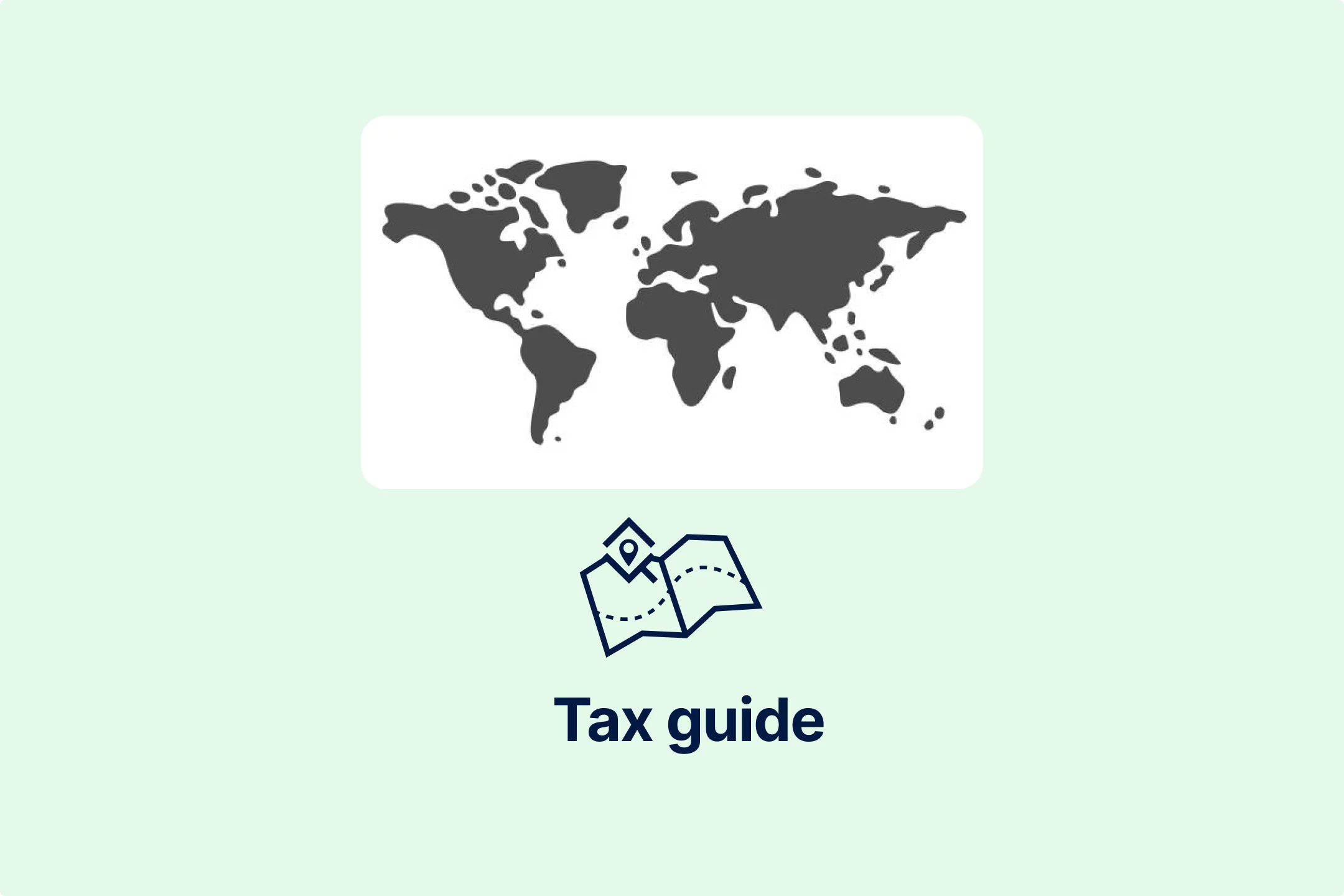

-rsgux3hh8v.webp)

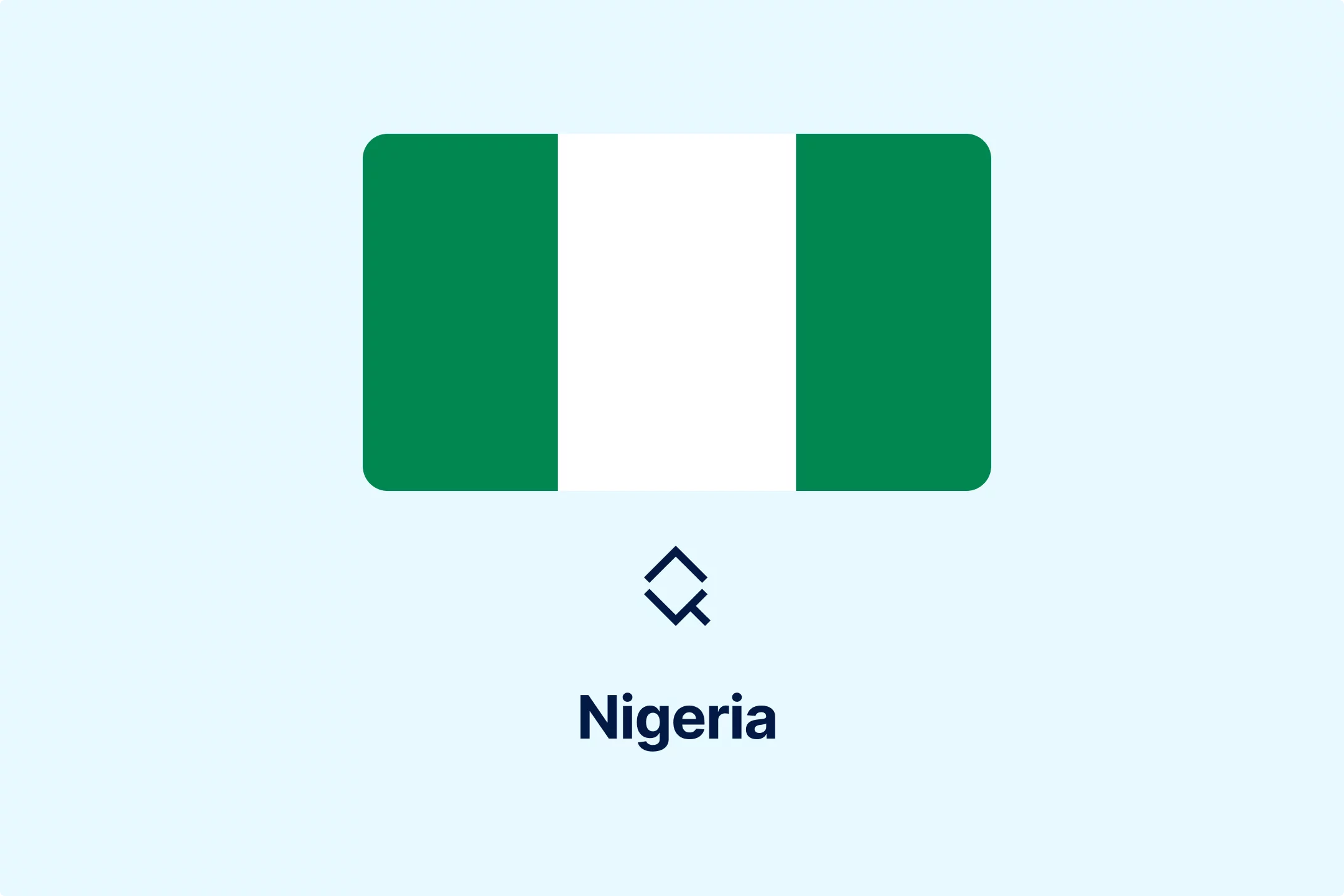
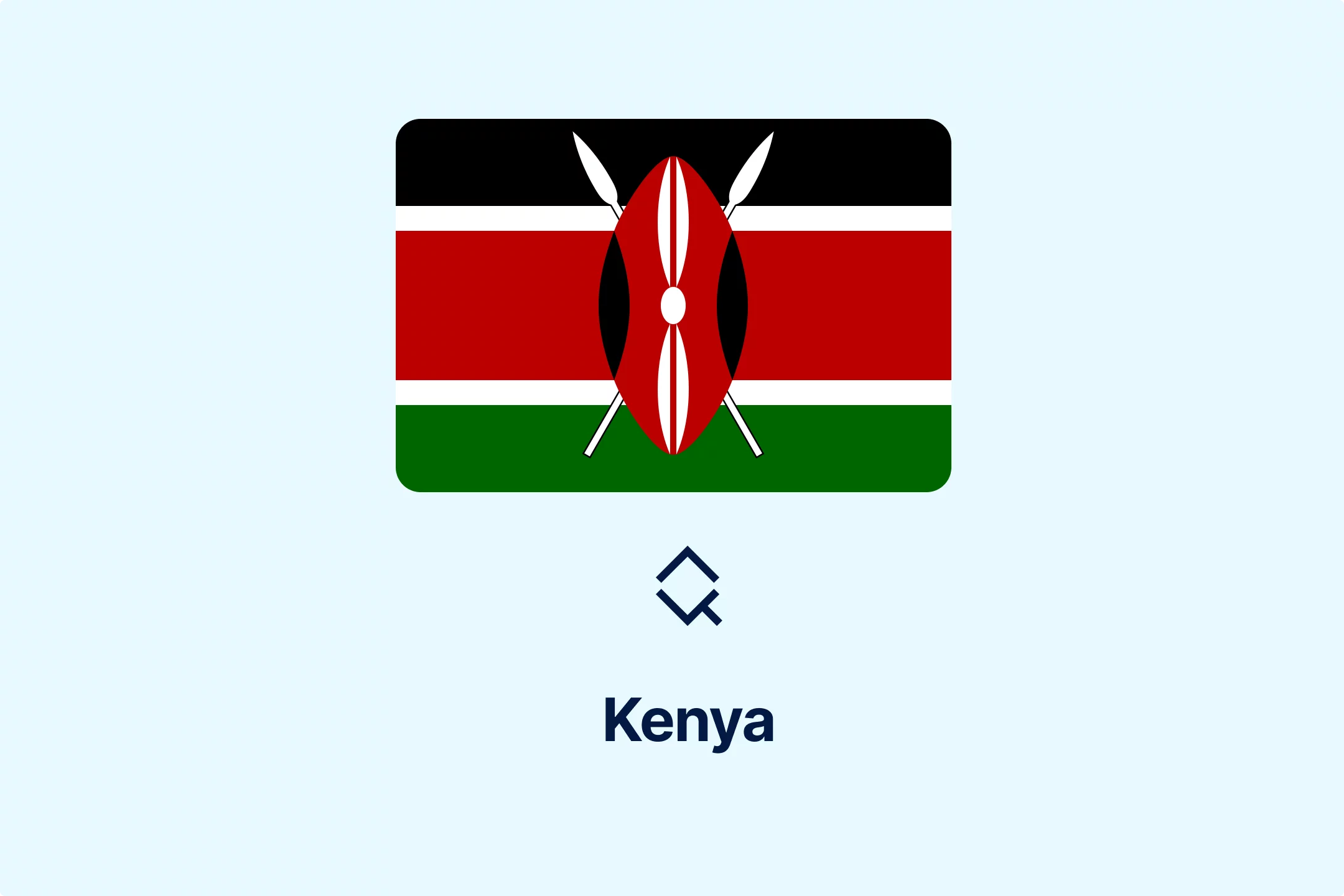
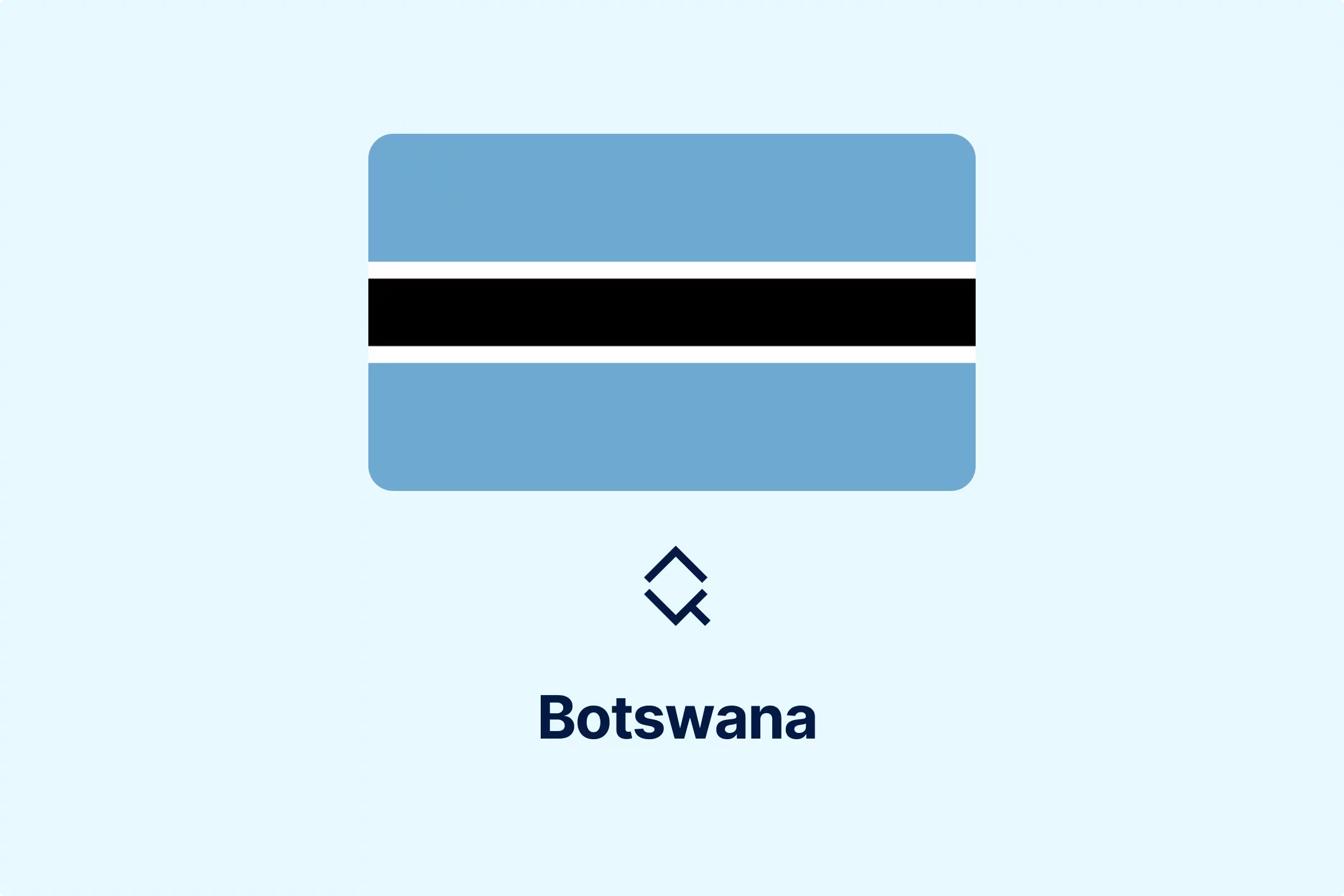

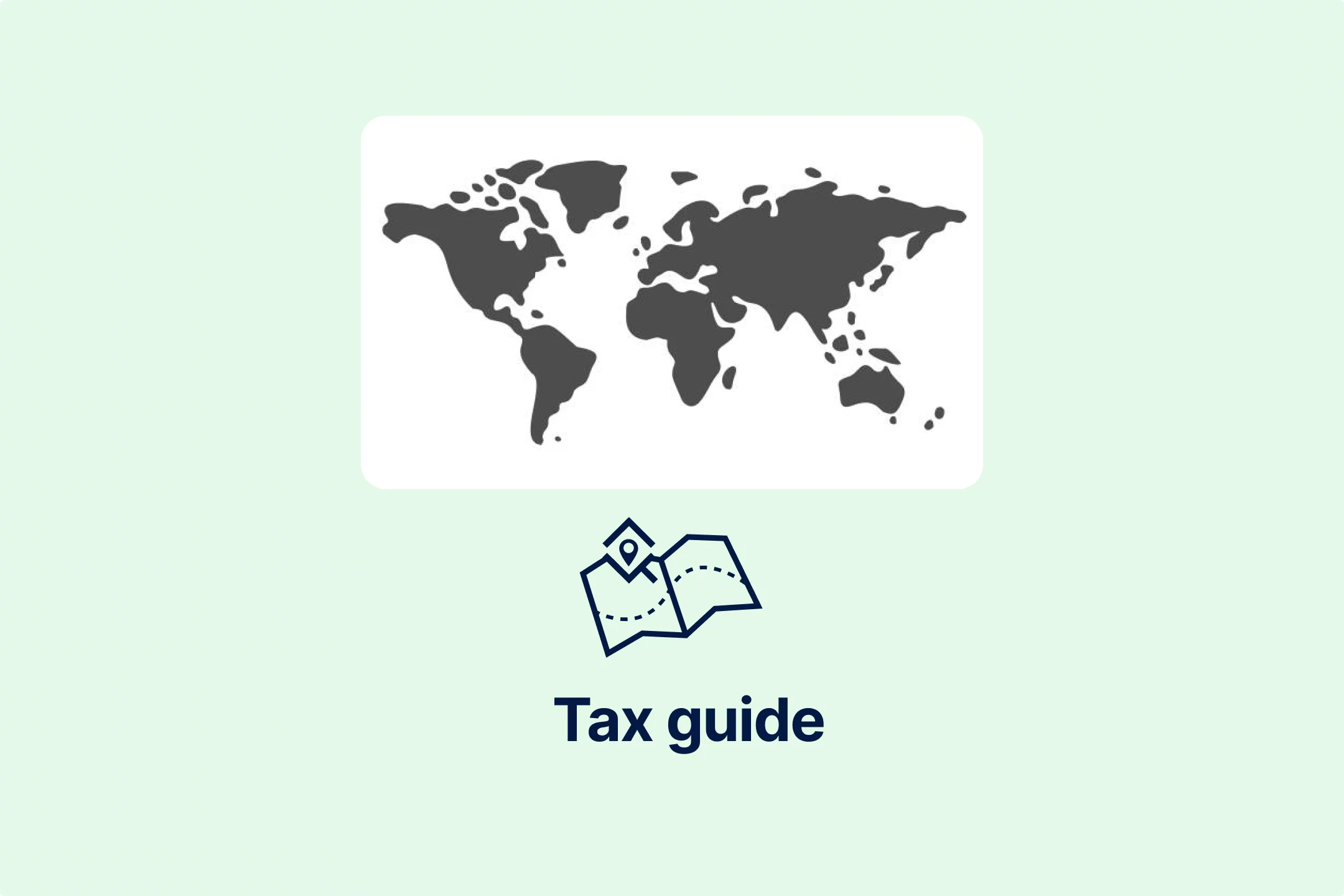

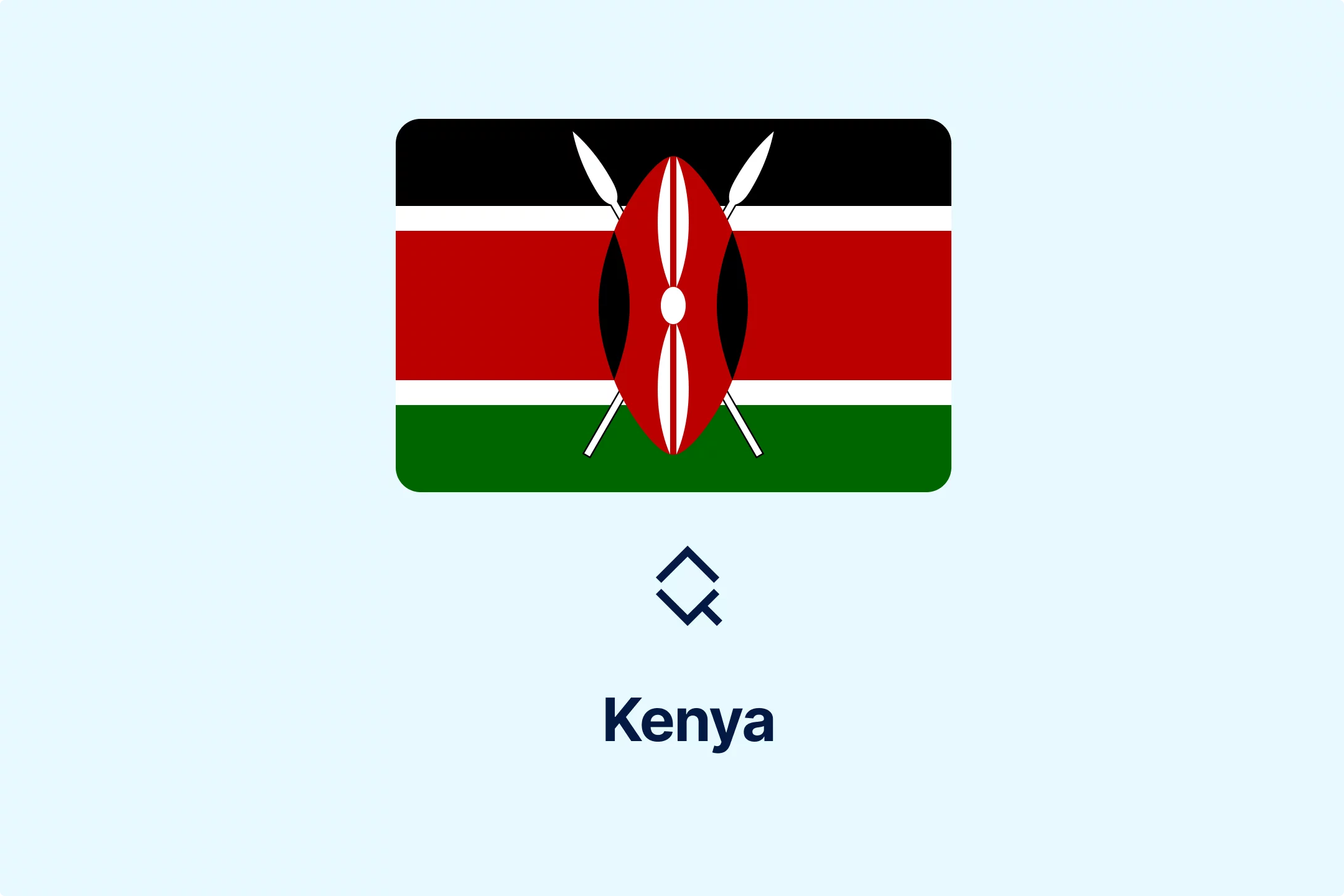
-tc819smrvc.webp)

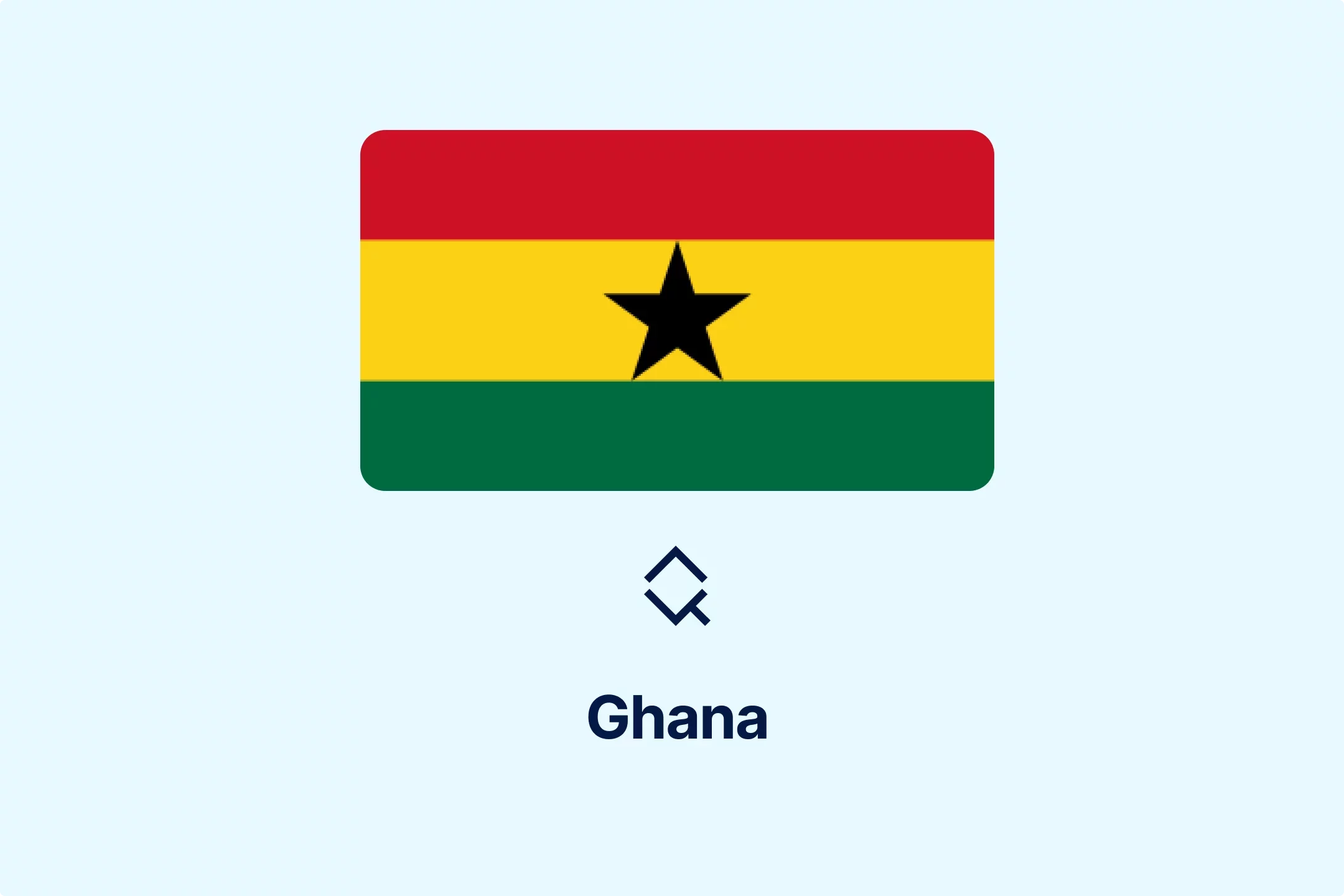

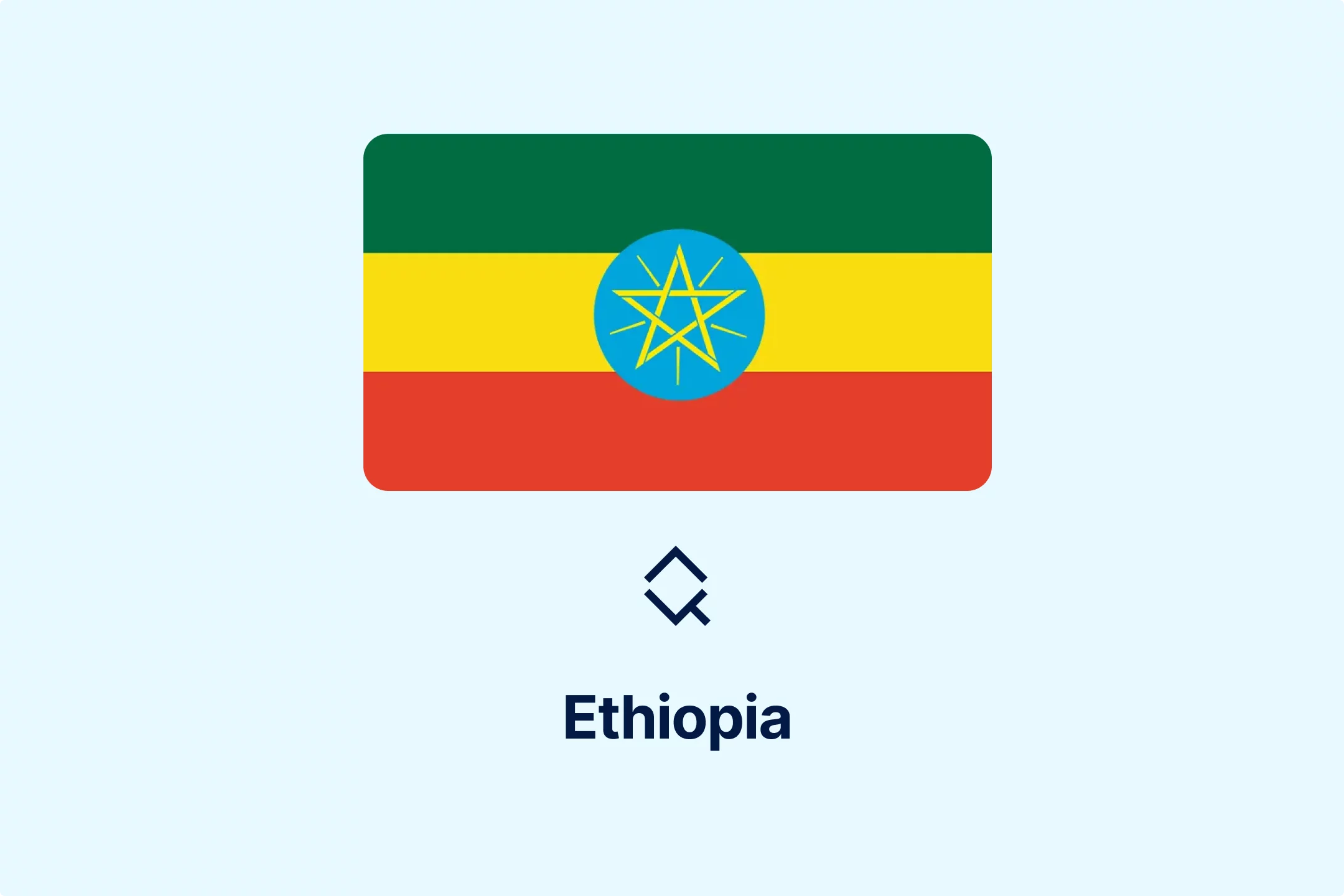
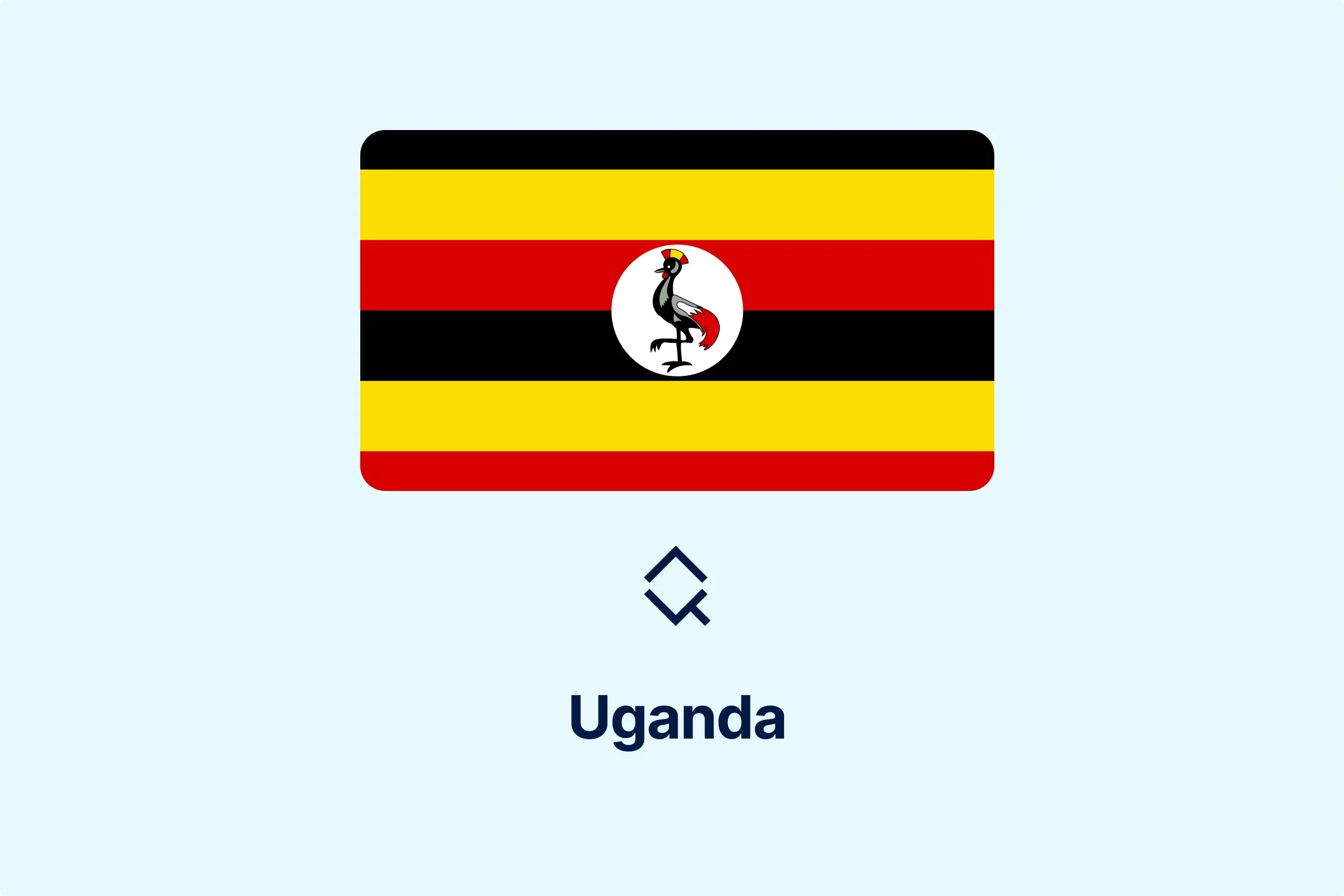
-1lfl8tbv0h.webp)




-sukknzru45.webp)




-5x4vkhcbio.webp)











-4t6t4uj2mm.webp)



-xjs7iob8wd.png)





-enoxc8fdkm.webp)





.png)
.png)








